To provide the best experiences, we use technologies like cookies to store and/or access device information. Consenting to these technologies will allow us to process data such as browsing behaviour or unique IDs on this site. Not consenting or withdrawing consent, may adversely affect certain features and functions.
The technical storage or access is strictly necessary for the legitimate purpose of enabling the use of a specific service explicitly requested by the subscriber or user, or for the sole purpose of carrying out the transmission of a communication over an electronic communications network.
The technical storage or access is necessary for the legitimate purpose of storing preferences that are not requested by the subscriber or user.
The technical storage or access that is used exclusively for statistical purposes.
The technical storage or access that is used exclusively for anonymous statistical purposes. Without a subpoena, voluntary compliance on the part of your Internet Service Provider, or additional records from a third party, information stored or retrieved for this purpose alone cannot usually be used to identify you.
The technical storage or access is required to create user profiles to send advertising, or to track the user on a website or across several websites for similar marketing purposes.
 Scrolling on social media, checking messages, daydreaming and other forms of distraction are costing the UK economy £19.9 billion each year, new research from The QEII Centre claims. The report The Distracted Economy: We are losing focus – how to hold attention and keep delegates engaged during business meetings and events was commissioned by the London conference and events venue. It suggests that 83 percent of people admit to being distracted during in-person meetings while the number rises to 85 percent during online meetings. (more…)
Scrolling on social media, checking messages, daydreaming and other forms of distraction are costing the UK economy £19.9 billion each year, new research from The QEII Centre claims. The report The Distracted Economy: We are losing focus – how to hold attention and keep delegates engaged during business meetings and events was commissioned by the London conference and events venue. It suggests that 83 percent of people admit to being distracted during in-person meetings while the number rises to 85 percent during online meetings. (more…)






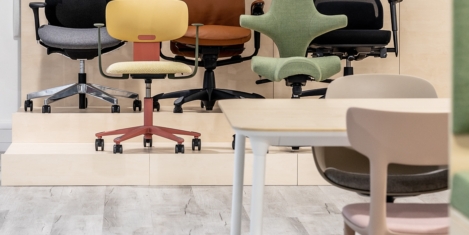
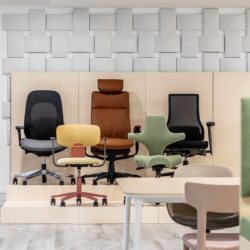

 Nothing beats in-person meetings, but tech is vital for hybrid working trust and equality. That is the main conclusion of a new report from
Nothing beats in-person meetings, but tech is vital for hybrid working trust and equality. That is the main conclusion of a new report from 

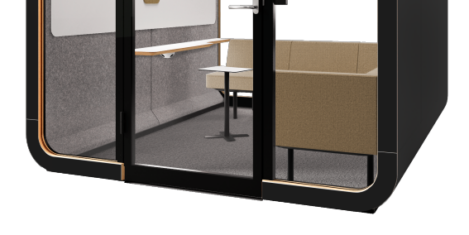





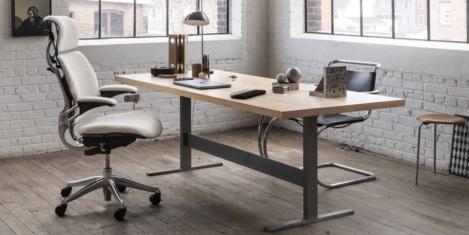
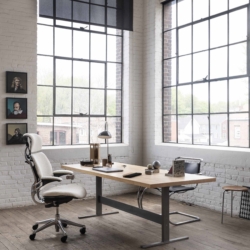












November 12, 2023
Want people to spend more time in the office? Give them a little piece of home
by Yaron Rosenblum • Comment, Workplace design